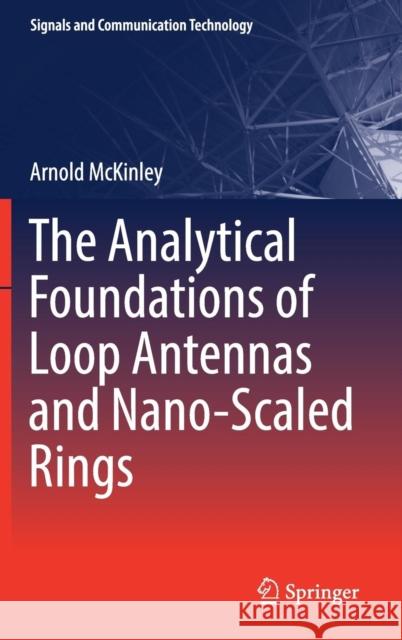The Analytical Foundations of Loop Antennas and Nano-Scaled Rings » książka
topmenu
The Analytical Foundations of Loop Antennas and Nano-Scaled Rings
ISBN-13: 9789811358913 / Angielski / Twarda / 2019 / 203 str.
Kategorie:
Kategorie BISAC:
Wydawca:
Springer
Seria wydawnicza:
Język:
Angielski
ISBN-13:
9789811358913
Rok wydania:
2019
Wydanie:
2019
Ilość stron:
203
Waga:
0.50 kg
Wymiary:
23.39 x 15.6 x 1.42
Oprawa:
Twarda
Wolumenów:
01
Dodatkowe informacje:
Wydanie ilustrowane











